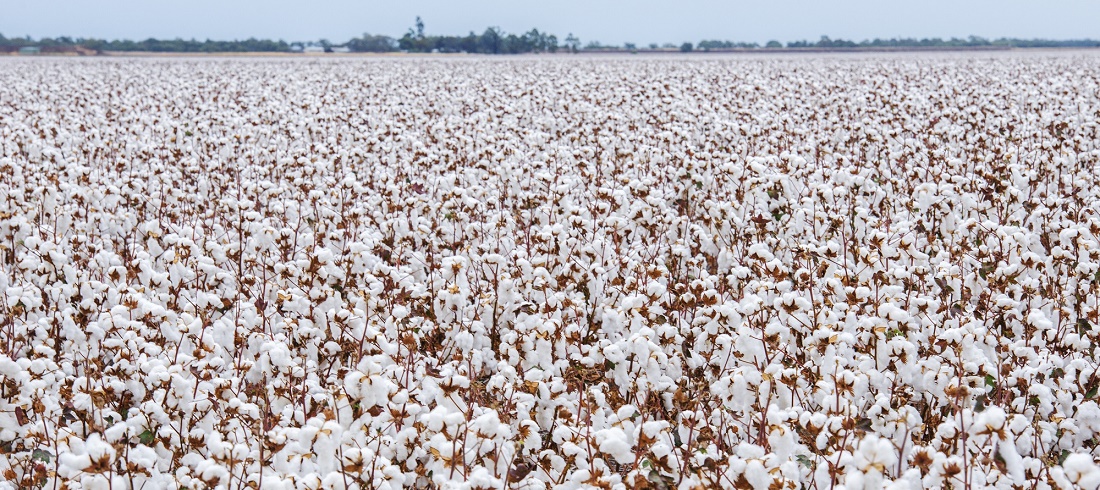
Maersk to help cotton exporters by providing end-to-end intermodal services
Mar, 24, 2020 Posted by datamarnewsWeek 202014
To help Brazilian cotton exporters to be competitive amid yet another anticipated record harvest for 2019-2020, Maersk is offering customers intermodal services with end-to-end solutions. Brazil is the second largest cotton exporter in the world, and according to Gustavo Paschoa, Maersk’s Commercial Director, cotton helped boost exports in 2019, but the biggest cost for producers was road transport. “Our expectation is that rail transport will increase significantly as more options become available to producers in Mato Grosso and Bahia, for example. Currently, 40% of Maersk’s total land movement in Brazil is by rail. Rail transport is an important factor in helping to increase national competitiveness. Maersk is looking to intensify its presence and partnerships with railway companies in Brazil ”, he adds.
According to the company, Maersk is also focused on developing new ways of stuffing cotton into containers and analyzing how to reduce costs throughout the supply chain, repositioning the use of containers from end to end. “Most cotton stuffing is done at ports, but it would be quicker and more efficient to do it closer to the farms. This is one of the ways to increase competitiveness now that Brazil is the world’s second largest cotton exporter after the USA. Avoiding build ups that cause delays is fundamental ”, says Maersk’s Product Director for the East Coast of South America, Matias Concha, referring to expectations that Brazil will deliver another record harvest for the 2020-2021 harvest.
Currently, cotton producers increasingly use the rail link between Rondonópolis, Mato Grosso and the largest port in Latin America, Santos, to reduce land logistics costs. “After the truckers strike in 2018, end-to-end logistics providers have become increasingly important for Brazilian producers. A complete intermodal solution creates security, provides transparency, increases competitiveness and reduces a company’s costs in terms of of time and personnel. For cotton producers, trains with double stacking represent an excellent opportunity ”, says Concha.
In the fourth quarter of 2019, cotton jumped 37%, exceeding all other dry product exports in the period. The following chart shows Brazilian cotton exports since January 2006:
Source: DataLiner
-
Ports and Terminals
Feb, 19, 2024
0
In Between Storms and Strikes: Port of Santos Strives to Minimize Ship Delays
-
Grains
Dec, 17, 2021
0
Argentina establishes regulations to control corn and wheat exports
-
Ports and Terminals
Jun, 08, 2021
0
Indefinite fiscal regime affects port projects
-
Ports and Terminals
Oct, 11, 2022
0
Rains limit sugar exports from Parana state ports



